Nvidia and Zenimax Online Studios have partnered up to bring a new spin on the deep learning AI-based algorithms that power DLSS. For the first time, Nvidia will offer Deep Learning Anti-Aliasing (DLAA) for image reconstruction at native resolutions with the sole purpose of improving image quality. The promise is that the resulting image will yield sharpness and accuracy superior to other anti-aliasing techniques without too much of a performance hit. To kick things off, DLAA will appear in The Elder Scrolls Online, alongside added DLSS support in a future update.
The existing Nvidia DLSS tech was created to provide AI-assisted upscaling so that games can render at lower resolutions and then scale back up to the user’s defined resolution. The result is a much higher framerate with little to no loss in image quality, particularly for those playing at 4K resolutions or higher. The need for DLSS was clear when it was first introduced in 2018, as even high-end GPUs struggled to run games at 4K with 60 fps at the time. However, modern and future GPUs won’t struggle to do 4K60 gaming. For those that prefer maximum quality over performance, there’s now DLAA.
Quality over quantity
As already mentioned, DLAA lacks the upscaling component that’s packaged into DLSS. Instead, it renders at the native resolution but still benefits from an extra pass in the image construction pipeline where aliasing is removed and additional details are restored, presumably thanks to the AI training. The result, in the words of Zenimax Online Studio’s Creative Director Rich Lambert, is “absolutely incredible anti-aliasing.”
Lead Graphics Engineer Alex Tardif also followed up with a joke and explanation for how the tech came into existence. Considering how The Elder Scrolls Online is already over seven years old, the decision to implement a quality-based solution like DLAA in addition to DLSS certainly makes sense. The gameplay doesn’t really demand big framerates, and many GPUs can already run the game smoothly on high settings. In this case, there’s great reason to raise the quality levels. Hopefully Nvidia isn’t too upset about its upscaling tech getting sidelined and instead embraces the opportunity to redefine anti-aliasing solutions so that more light-weight games can look better too.
https://twitter.com/longbool/status/1438973492620312578
All jokes aside, let’s just hope this doesn’t give Todd Howard another reason to rerelease Skyrim another time, because there’s already the upcoming Anniversary Edition due for November. As for The Elder Scrolls Online, the DLAA and DLSS update will become available soon and is already available to try on the public test server. Just remember that you’ll need an Nvidia graphics card of the 2000 or 3000 Series variety to use the tech, as DLAA relies on the new tensor cores to work.
This makes now (or when the update fully arrives) a great time to check out The Elder Scrolls Online if you haven’t already. It features nearly the entire world of Tamriel, with years of DLC to experience. The latest of which includes a big throwback to Oblivion, also in the literal sense.

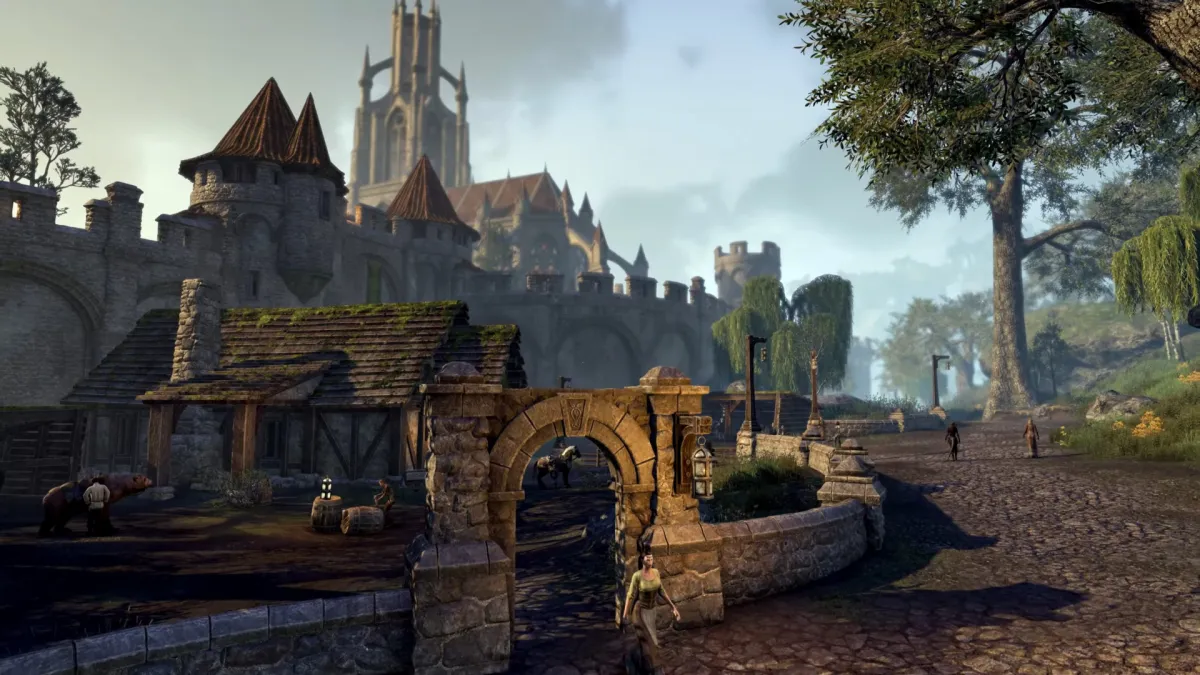
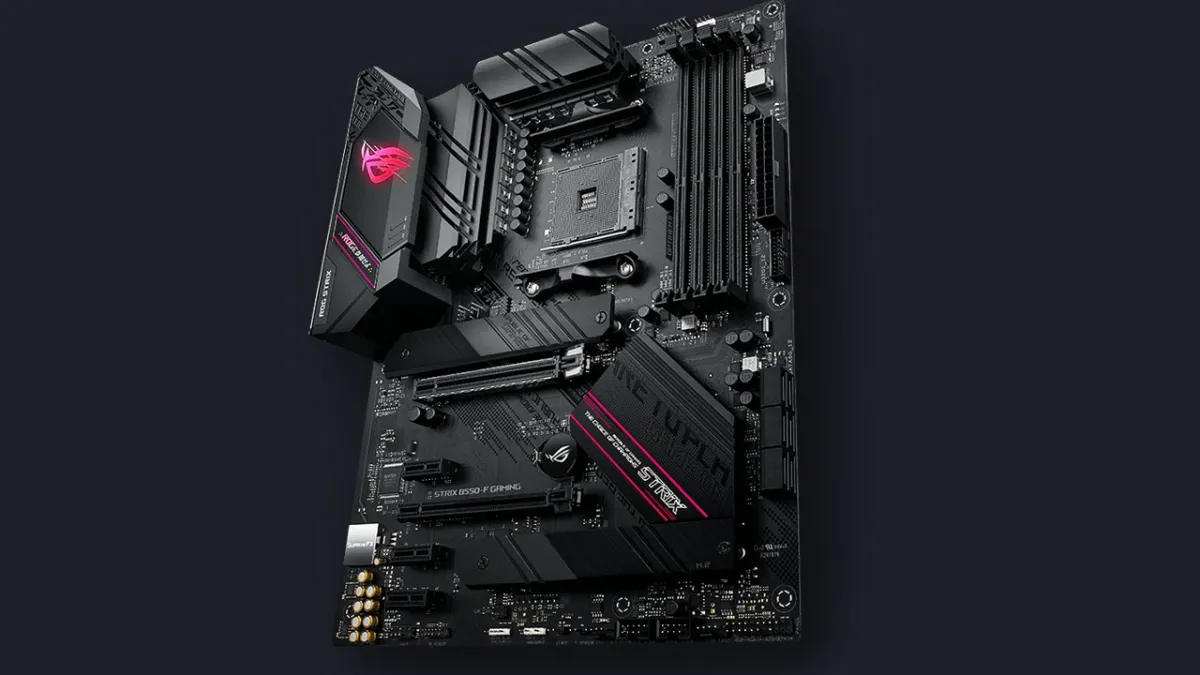
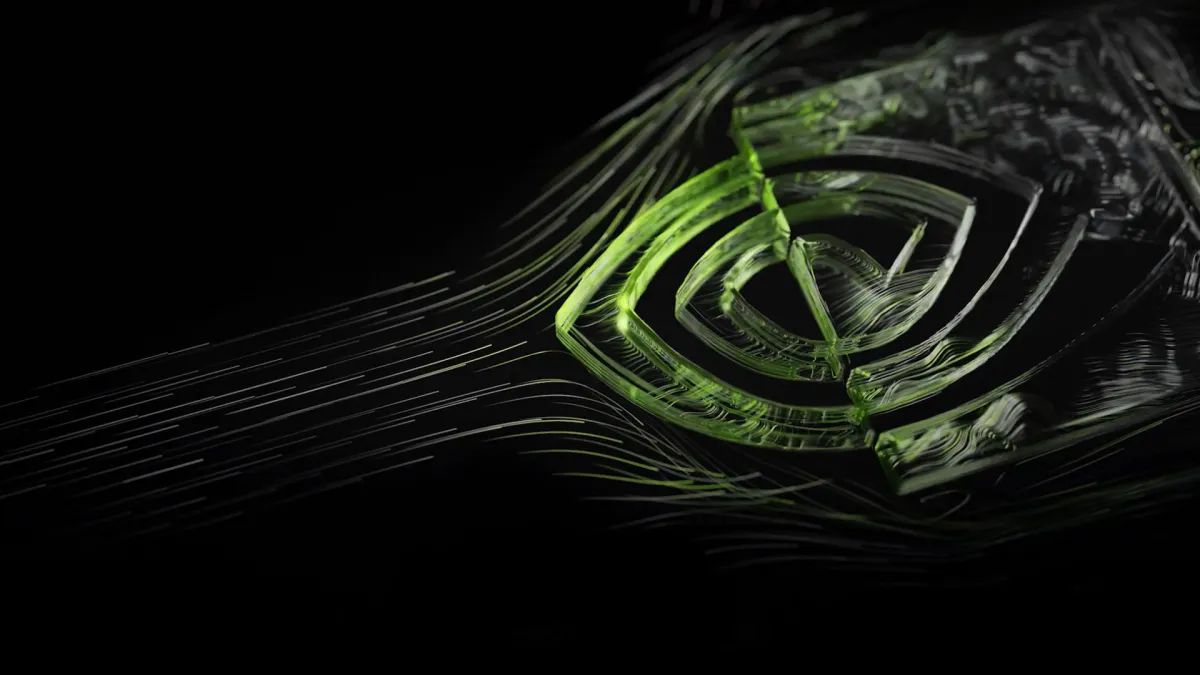

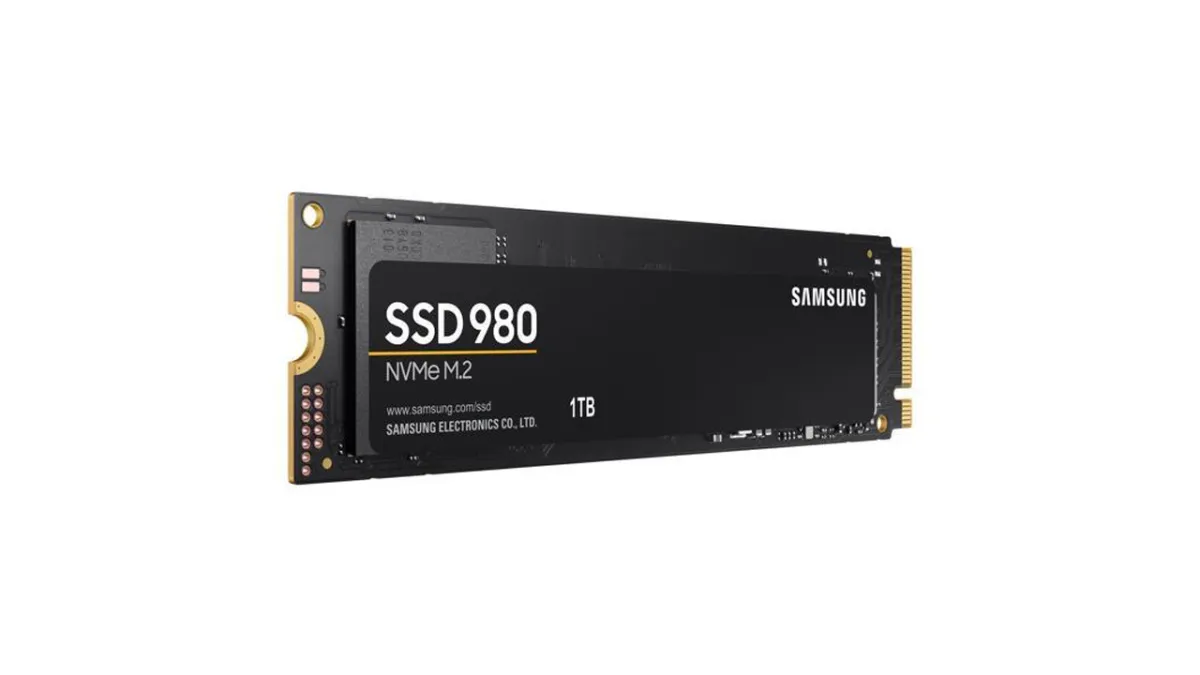
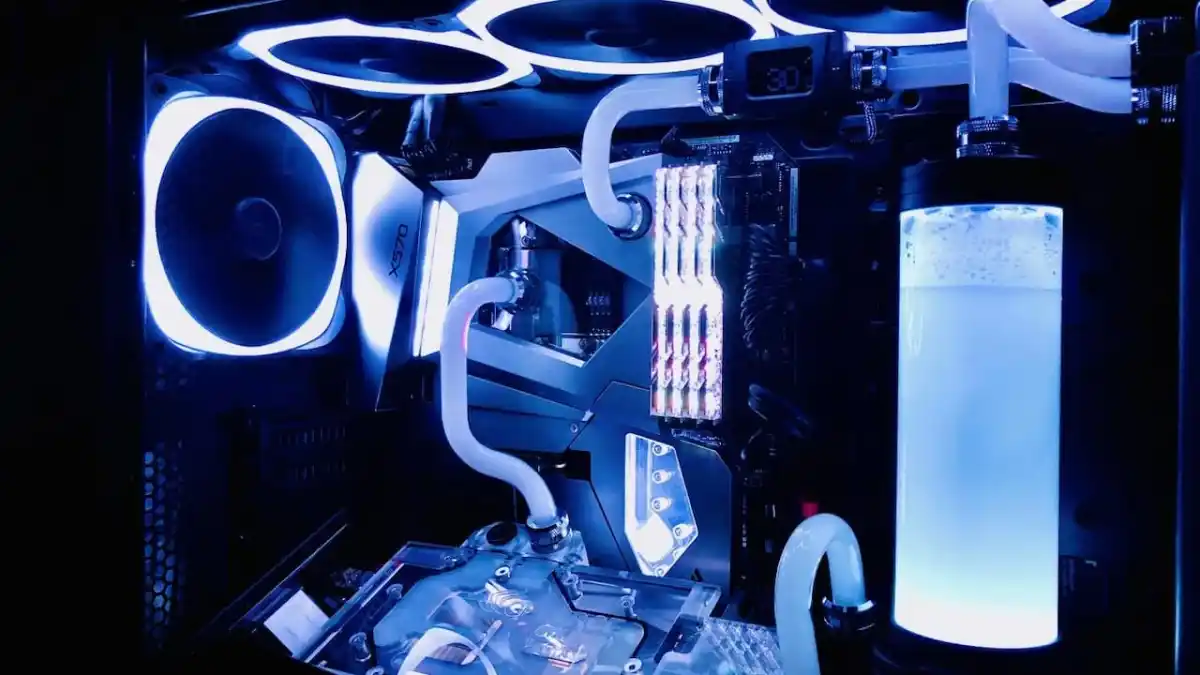
Published: Sep 20, 2021 04:00 pm